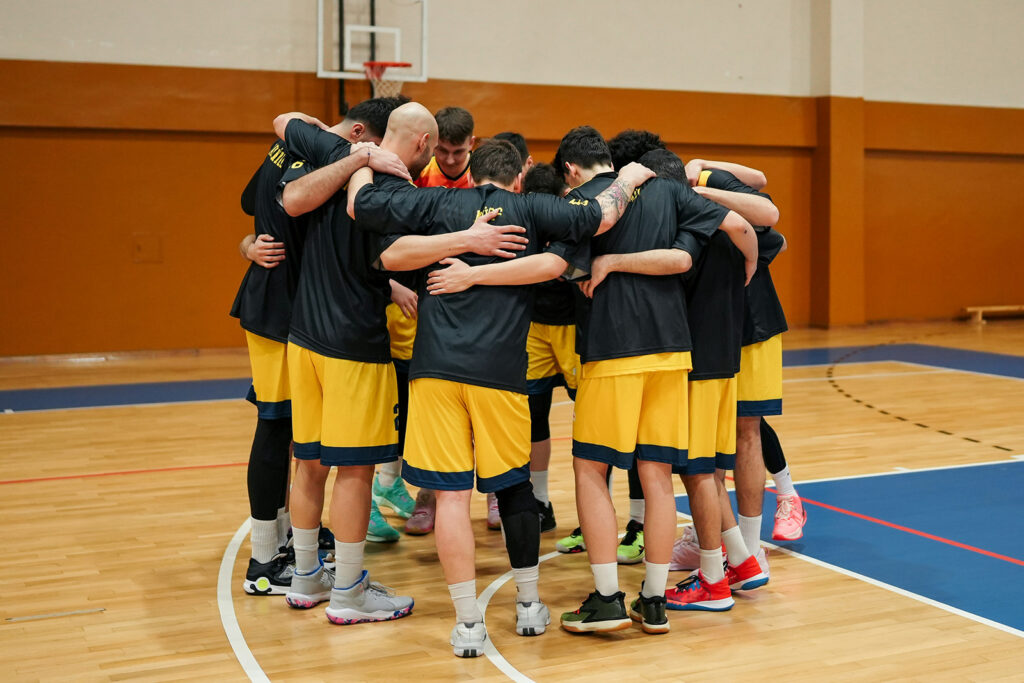The Language of Victory: How Great Teams Communicate Better
In competition, successful teams will communicate better than other teams. How often have we shouted, “Talk!!” when our athletes have messed up a play/situation because they did not clearly communicate. The level of effective and clear communication during competition has been empirically shown to result in a greater chance of winning. Here are five examples of how winning teams communicate better than losing teams during a competition:
- Real-Time Adjustments: Successful teams communicate quickly to adjust their tactics mid-game. For example, a soccer team might recognize a defensive weakness and shift formation on the fly. A volleyball team might shift their block inside or outside to better defend against the opposing attacker. Coaches should encourage players to communicate specific adjustments on their own, without always relying on the coach’s instructions from the sidelines for each adjustment.
- Brief, Specific Communication: Great teams use concise, specific words, instructions or signals, reducing unnecessary chatter and ensuring critical messages are not missed. Often, we as coaches get upset when our players do not effectively communicate. We expect our athletes to communicate clearly. But have we helped them create the specific words/phrases to say in specific situations?
- Reinforcing Key Plays or Strategies: Successful teams do a better job of communicating before the next play. This includes reminding each other of specific plays or roles just before execution. This pre-play communication helps to keep everyone locked in on their responsibilities. Great teams clearly and consistently communicate early, thus ensuring that everyone is on the same page with strategies, goals, and expectations, reducing confusion and mistakes. Pre-play communication also helps players mentally re-focus on the next play, especially if the previous play was unsuccessful.
- Encouragement During High-Pressure Moments: The best teams have a strong on-court/field teammate culture. Great teammates have a strong understanding of how to effectively provide vocal support and motivation to each other. Great teammates also get to know their teammates in ways that help each other stay positive and focused through tough situations. They know how to talk to each other. On-court/field trust and relationships are powerful contributors to a team’s competitive success!
- Non-Verbal Communication: Teams should also be able to utilize non-verbal cues like hand signals or eye contact to convey strategies or warnings. This is especially useful in loud or high-stakes environments. Simple hand slaps with eye contact are also an essential and effective way to mentally connect and communicate with teammates.
Effective communication during competition directly impacts team performance. Great teams leverage this to coordinate, adapt, and maintain focus under pressure. Strong and effective communication is the backbone of any successful sports team, particularly during intense competition. The ability to communicate with precision and purpose can be the difference-maker for a team. When every player understands their role, every coach’s instruction is heard and applied, and the team operates as one, the results are often remarkable. Strong communication doesn't just convey strategy—it reinforces trust, unity, and resilience in the face of adversity. Teams that prioritize and practice effective communication set themselves up for success on and off the field, making it a key driver for their ability to perform at their highest level and ultimately win when it matters most.
Huddle Up!
Let us know what you think! Share your experiences, stories or thoughts that guide your coaching on our new Paragon Coaching Resources Facebook page. “Like” or “Follow”. It’s always helpful for coaches to hear amazing stories. I’m looking forward to hearing from you soon.
Cell: 1-559-287-8389
Email: dennis@coachingcourses.pro

